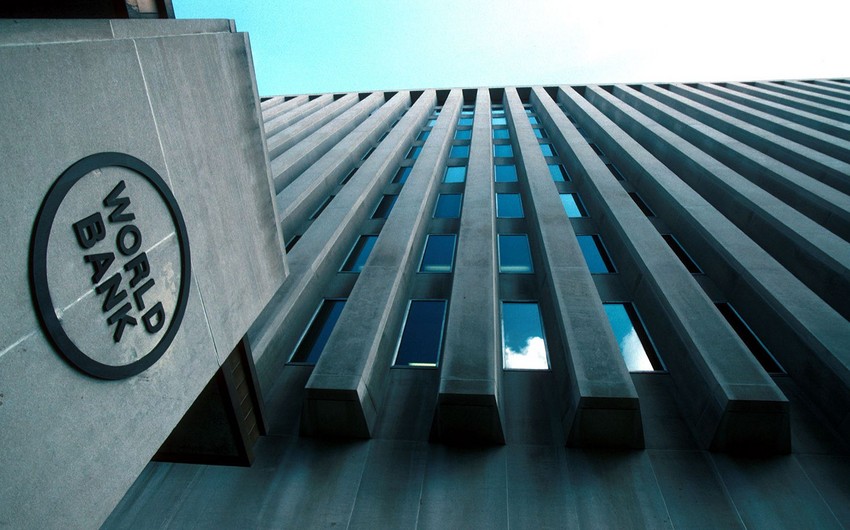Azerbaijan, with the support of the World Bank (WB) and the Swiss State Secretariat for Economic Affairs (SECO), has initiated reforms under the Medium-Term Expenditure Framework (MTEF) program to reduce dependence on volatile hydrocarbon revenues and improve the budgeting process, Report informs referring to the WB website.
The objective of this program is to strengthen the efficiency, strategic orientation and transparency of public expenditure in Azerbaijan, with the aim of enhancing impact and sustainability of public spending as well as boosting private sector development.
The WB emphasized that the public spending impact will be strengthened through stronger fiscal discipline to improve macroeconomic forecasting over the medium term, the better quality of infrastructure services, cost-efficient and affordable asset creation and management, enhanced strategic direction, improved efficiency, and overall effectiveness of public spending at the sectoral level, increased budget transparency and accountability.
The program focuses on working along four public financial management (PFM) pillars in parallel. The fifth transversal pillar on change management focuses on the ‘how-to’ of the reforms to help stakeholders understand the need for change and to motivate them to take action.
The first pillar on the macro-fiscal framework targets the “big picture” and sets the top-down parameters for reforming the budgetary process. It sets macroeconomic targets to guide policy coordination, budget planning and prioritization. This will enhance the sustainability of public finances, and macroeconomic stability, and allow a more strategic focus on public spending.
The second pillar aims to support the Ministry of Economy (MoE) in improving the strategic alignment of the government investment program, including the use of Public-Private Partnerships (PPPs), to the needs of the country. Specifically, it will seek to promote best practices in public investment management.
The third pillar aims to support the Ministry of Finance (MoF) and line ministries to improve the strategic and performance orientation of the budgeting process by focusing on building the capacity to implement existing laws and ordinances with respect to MTEF. This will include the gradual introduction of processes that link funding with results.
The fourth pillar on transparency and accountability will enhance the quality and timeliness of fiscal information. It will also support the Chamber of Accounts (CoA) of the country, which is central in ensuring accountability in the use of public funds.
The fifth pillar on change management will support the adjustment process across the program. A change management strategy will accompany the implementation of reforms that will require increased coordination and collaboration across several institutions.
“The program is country-led and works in collaboration with international finance agencies and donors that provide advice, technical assistance and financing for the reform programs or for the government’s budget at large,” the WB noted.


 https://static.report.az/photo/1d4d341d-ff0b-3e2e-8e5a-6c7c53db3949.jpg
https://static.report.az/photo/1d4d341d-ff0b-3e2e-8e5a-6c7c53db3949.jpg

